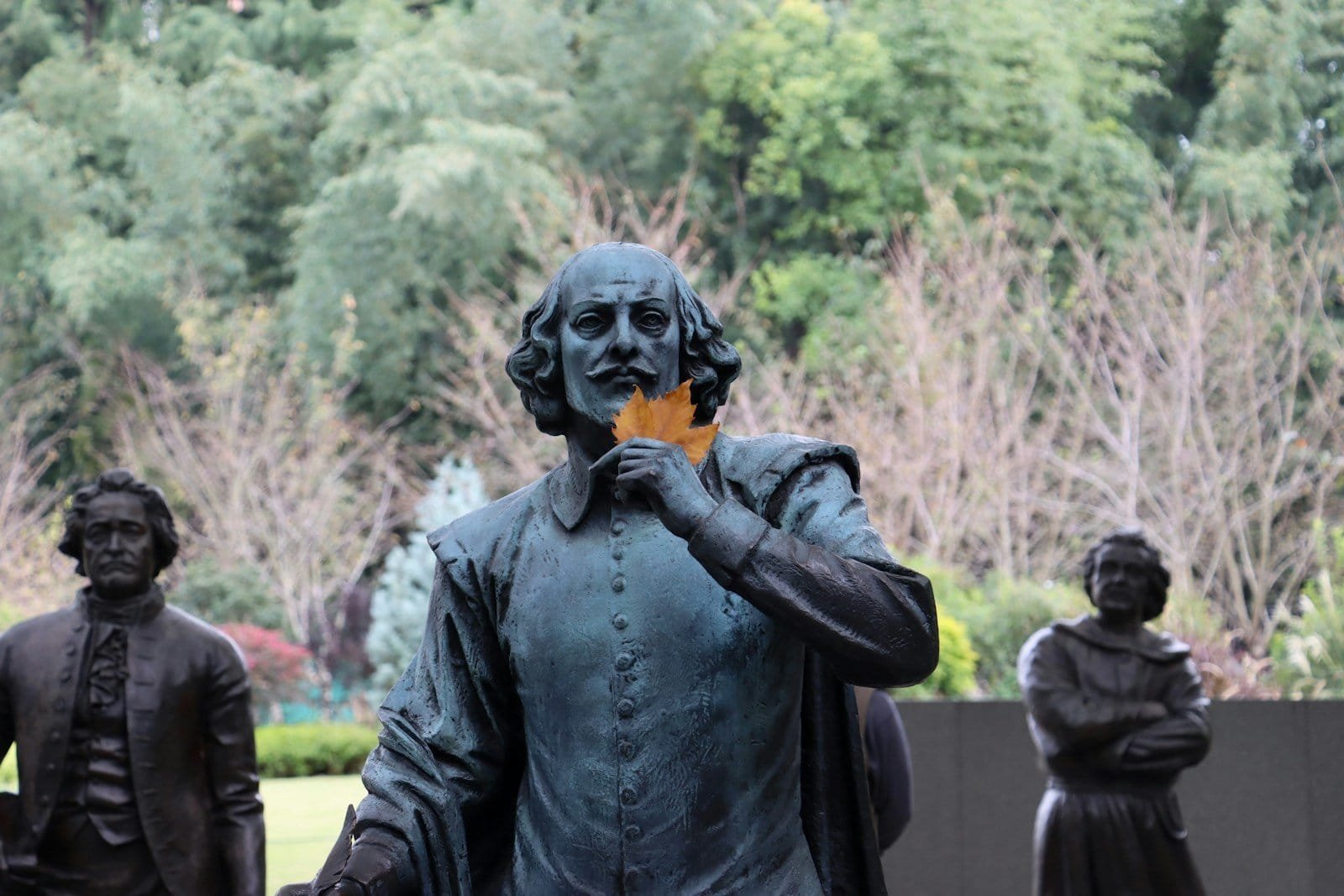I returned to my favorite field—Literature—to re-read Shakespeare’s exquisitely brutal tragedy, “King Lear”. Two purposes here. One is an end in itself—to savor a great work of literary art. The other is that in the next year or so I intend to write a long essay/booklet on free will, and will use “King Lear” as an example regarding a major point.
What a story! At one level it brilliantly illustrates the seductive allure of power lust. Lear is, initially, a fool of the highest magnitude. Examine his litany of errors: 1. He gives away the throne and, despite his advanced age, has not secured a trustworthy successor 2. He is unwilling or unable to distinguish between honesty and artful duplicity. Cordelia tells him the truth; Goneril and Regan spew forth naught but flattering lies. He hands power to the untrustworthy and banishes the trustworthy. 3. Despite relinquishing the throne, he seeks to retain its perks and is shocked when his power-seeking daughters strip him of its last vestiges.
Lear’s mistakes are primarily those of judgment—but The Bard shows us that we pay for our errors whether they are committed honestly or dishonestly. Lear’s foolhardy choices open a Pandora’s Box of opportunities for a cadre of maleficent power-lusters, notably Edmund, bastard son of the Earl of Gloucester, who trades on the “love” of Lear’s two venomous daughters.
The good are savaged in this world: Gloucester’s eyes are gouged out before he dies, in time, of a broken heart. The Earl of Kent, loyal to Lear, is banished by the King for speaking truth and, from age and exhaustion, will soon pass on. Lear’s court jester, another truth-teller, is hanged. Cordelia, the noblest heart of all in this universe, loyal to truth and to her father, is murdered by the nefarious Edmund. Lear, gaining wisdom too late, does not survive the death of his beloved Cordelia. By story’s end, the stage is littered with the corpses of the good. Looked at from this perspective, what is the story’s theme—that the wages of foolhardiness are destruction?
But there is more to this tale. For the evil fare no better. Edmund, who has grievously wronged his father, is killed by Edgar, his half-brother, the legitimate son of Gloucester. Goneril poisons Regan, her sister, over jealousy regarding Edmund, and then kills herself. Oswald, the odious lackey of Goneril, is killed by Edgar as he attempts to murder the blinded Gloucester for the reward promised by Regan.
Not surprisingly, given the author, there are numerous touches of grim genius in this play. Is there a more heartbreaking scene in drama than when Lear enters with the body of Cordelia in his arms: “Howl, howl, howl, howl! Oh, you are men of stone. Had I your tongues and eyes I’d use them so that Heaven’s vault should crack. She’s gone forever….Why should a dog, a horse, a rat have life, and thou no breath at all?”
Given the undeserved suffering of most of the play’s upright characters, Gloucester’s unsparing line is chilling: “As flies to wanton boys are we to the gods. They kill us for their sport.”
And there is Albany’s pithy, trenchant rebuttal to the iniquity of Goneril, his serpent-like wife: “Wisdom and goodness to the vile seem vile.”
At the end, of the major players, only Albany and Edgar—two men of probity—remain alive to attempt remediation of the violent chaos unleashed in England by Lear’s irresponsible behavior. Can they accomplish this? We’ll never know. What we do know is that many good persons—preeminently Cordelia—have met as violent an end as have the villains. Regarding this, Gloucester’s foreboding line sounds The Bard’s presumed theme: The absence of justice in a social order governed by human caprice rather than moral principles. Given the lupine character of our current political leaders, Shakespeare’s theme proves to be chillingly timeless.


